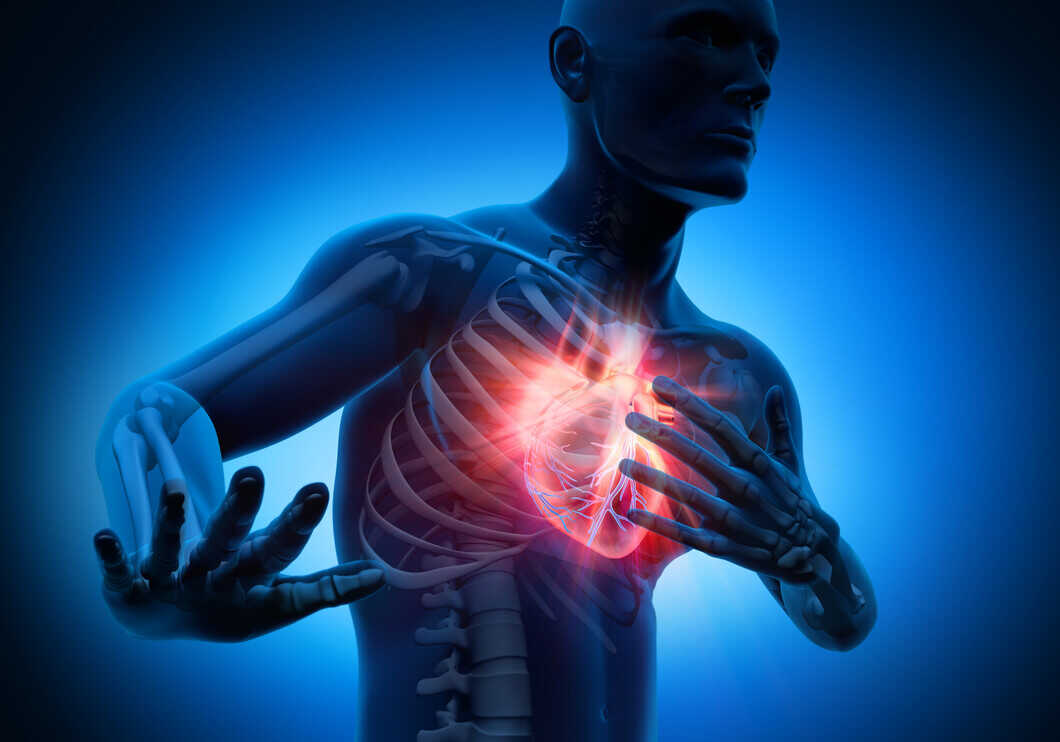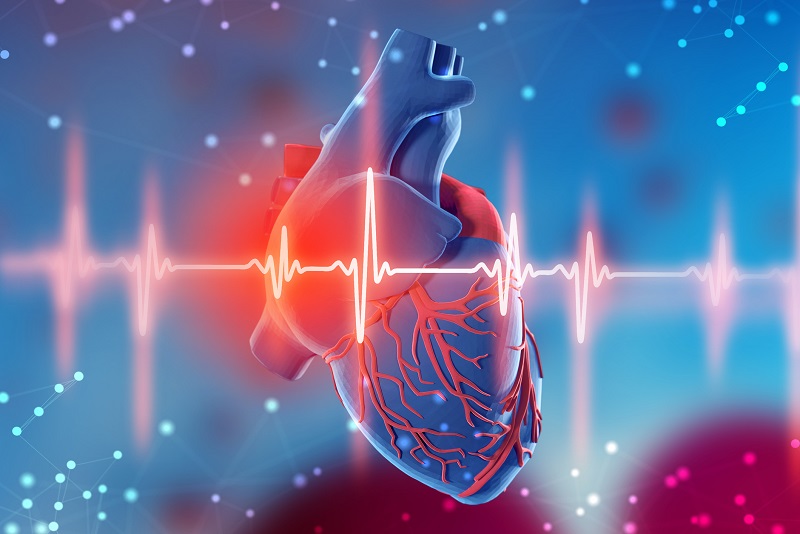Healthbeauty123.com – If you experience sudden chest pain, it’s time to call your doctor or visit your local emergency room. Whether it’s in the chest or in other areas of the body, it’s crucial to take quick action. A doctor or emergency room visit can save your life. A quick evaluation will determine if you have a heart attack. Below are some tips for identifying the source of your chest pain. – Know your symptoms and seek medical care immediately.
Common Symptoms of a Heart Attack Are Chest Pain
Know the symptoms. The most common symptom is chest pain. However, it doesn’t mean that you’re having a heart attack. Chest pain usually begins in the center of the chest, but can also spread to the armpits, back, neck, and jaw. It often gets worse when you exert effort or take a deep breath. In addition to these symptoms, you should seek medical attention if you are experiencing discomfort that won’t go away.
Get immediate medical attention if you’re experiencing heart pain. Symptoms of a heart attack may be unpredictable and may include chest pain. In some cases, it can be a symptom of another illness or a broken rib. A physician should be consulted as soon as you experience chest pain to ensure that you’re not suffering from a more serious condition. A cardiologist can help you determine what’s causing your discomfort and determine the best course of treatment.

Avoid unnecessary surgery. The symptoms of a heart attack can be mild or severe, and may not require immediate medical attention. If the pain is sharp and constant, it’s not a heart attack and should be treated promptly. You should consult your physician to find out if it’s a possible case of pericarditis. If it’s not, your doctor can prescribe medications for your condition. A physician can help you determine whether or not it’s a heart attack or a symptom of a disease or a problem that has not yet developed.
Heart Conditions That Can Cause Pain Symptoms
Other heart conditions can cause pain. Some people are more susceptible to this symptom than others. Among the more common symptoms of a heart attack are chest pain, shortness of breath, and fever. These symptoms can indicate a serious condition, so it’s important to seek medical attention as soon as you experience them. And don’t forget to seek medical attention if you experience any of these symptoms. The sooner you get medical treatment, the better.
Chest pain is a symptom of a heart attack and should be treated as quickly as possible. The first thing to do is visit the emergency room, where the doctor will perform a thorough physical exam and order tests to rule out a heart attack or heart disease. If your chest pain doesn’t stop at the chest, you should see a doctor for a heart condition. In addition to a heart attack, pericarditis can be a symptom of an infection.

Depending on the cause of the pain, it may be heart disease or an infection. The symptoms of a heart attack may vary from person to person, and the onset of a heart attack is always a medical emergency. In some cases, symptoms can be mild, while others may be a sign of acid reflux. If you have any of these symptoms, it’s important to see a doctor as soon as possible.
Pain with a Pounding or Throbbing Sensation
Other signs of a heart attack include chest pain. The pain is usually accompanied by a pounding or throbbing sensation, and it may last for several minutes or even a few hours. Other symptoms can be noncardiac or heart-related. If it isn’t, you should seek medical advice as soon as possible. Your health and well-being is at stake, and you’ll need to act quickly.

Noncardiac chest pain can be a sign of a heart attack. Symptoms of these problems can be mistaken for a heart attack. In this situation, it is important to seek medical attention. A physician will try to determine the cause of your pain. The symptoms of a heart attack are usually similar to the symptoms of noncardiac chest pain. You’ll need to make an appointment with your cardiologist if you suspect that you’re experiencing any of these symptoms.
Reference:






